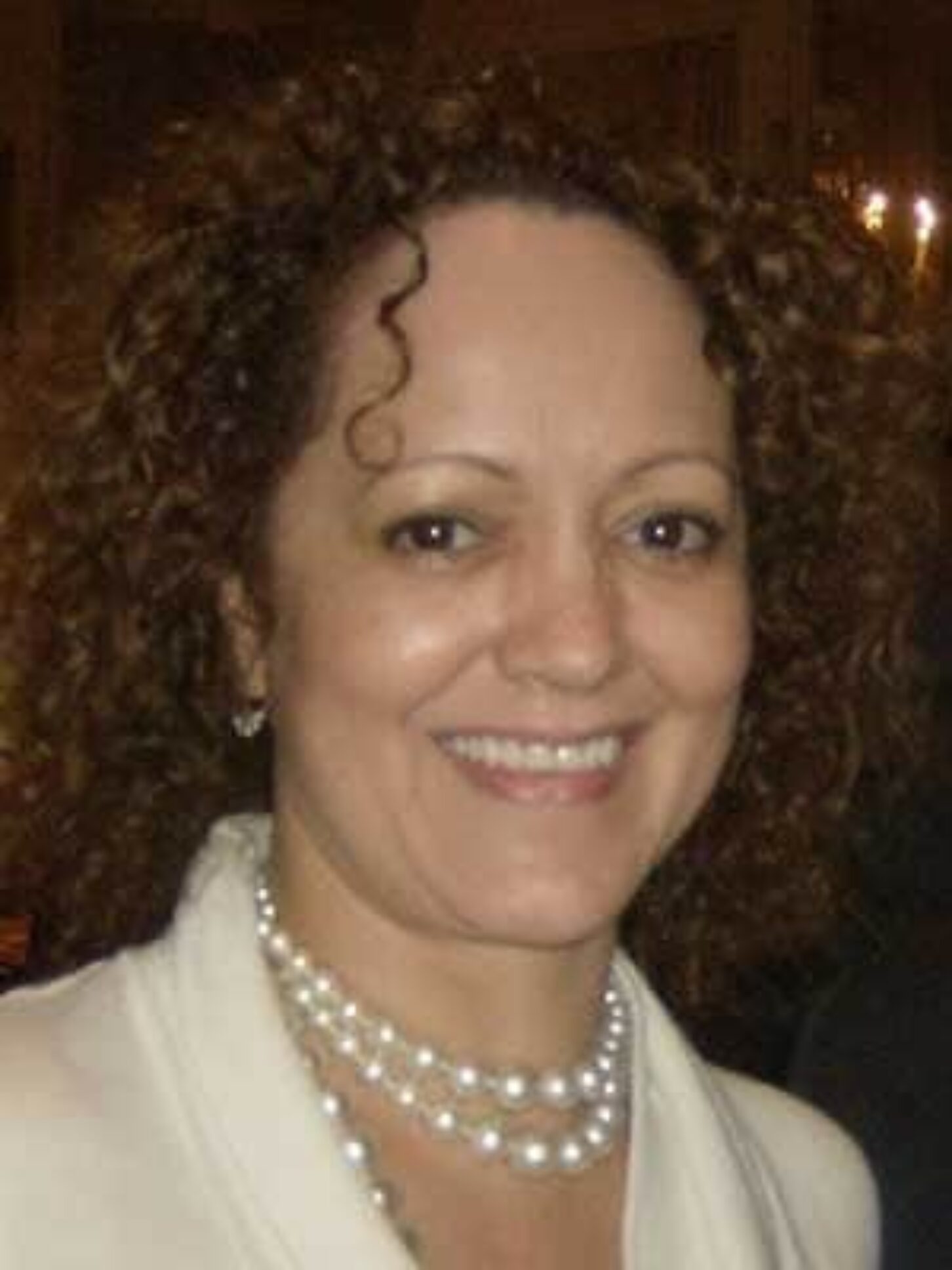
 Health Policy Briefs: February 21, 2012
Health Policy Briefs: February 21, 2012
Compiled by Benita Dodd
Mark your calendar: The Georgia Public Policy Foundation hosts Attorney General Sam Olens and health care expert Ronald E. Bachman at 8 a.m. Thursday, March 22, at a Leadership Breakfast at Cobb County’s Georgian Club.
The topic is “Georgia Health Care Update,” and the event takes place just one week before the U.S. Supreme Court hears arguments in the challenge to the constitutionality of the federal Patient Protection and Affordable Care Act. Georgia is one of 26 states and the National Federation of Independent Business that filed the challenge to the law. The cost to register for the Leadership Breakfast is $25. Registration will open soon at www.georgiapolicy.org.
Federal health care update: The Supreme Court today added even more time for oral arguments in the landmark case over President Obama’s health care reform law, according to Healtwatch, The Hill’s health care blog. The justices added an extra 30 minutes to hear arguments over whether they have the authority to decide whether the law’s individual mandate is constitutional. That brings the case to a total of six hours. It was already set to be the longest argument in the court’s modern history. Read more at http://tinyurl.com/7eq88hc.
Health care cost shifts: According to the White House’s budget for the U.S. Department of Health and Human Services (HHS), President Obama’s proposal would “save” nearly $360 billion in Medicare and Medicaid over the next 10 years: $56 billion would come through Medicaid reforms. Dylan White reports in Governing.com that those reforms could result in greater costs to states, according to policy analysts.
Despite the reforms, overall Medicaid spending would still increase by $27.6 billion, up to $282.7 billion for fiscal year 2013, as enrollment remains high after the economic downturn. Dave Adkins, executive director for the Council of State Governments, expressed concern that the president’s proposals would limit states’ ability to pursue reforms to the program on their end. “It is absolutely a non-starter for states and just exacerbates states’ ability to dig themselves out of the budget crisis,” Adkins said. Read more at http://tinyurl.com/82or85z.
The phony-drug war: No, it’s not what you think. According to the World Health Organization, tuberculosis claimed 1.7 million lives in 2009, most of them in Africa. Substandard drugs are harming patients and building drug resistance to tuberculosis in Africa, reports Roger Bate, a fellow at the American Enterprise Institute in an alarming article in National Review Online. “Over the past few years, my research team has sampled the critical first-line TB medicines, Rifampicin and Isoniazid, from a dozen African and Asian cities. In the worst locations, such as the Congo, up to 30 percent of all TB drugs are substandard, with an average of about 8 percent across poorer markets. The drugs were underdosed in some way – some were falsified products, being passed off as something they were not, others were degraded due to poor storage. But the largest problem is sloppily made drugs, made by legal manufacturers in Africa, China, and (to a lesser extent) India.”
“Those fighting TB could learn from those fighting malaria. The anti-malaria community started paying attention to the dangers of fake and substandard drugs a while ago – primarily as a result of the work of malaria-drug experts such as Paul Newton and Nick White, both professors at Oxford University. The anti-TB community has lagged behind.” Read more at http://tinyurl.com/74966za